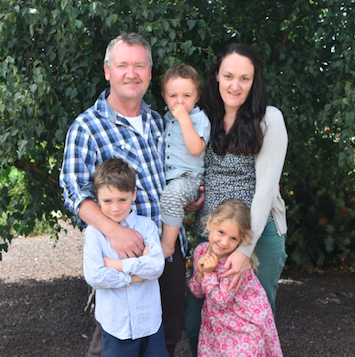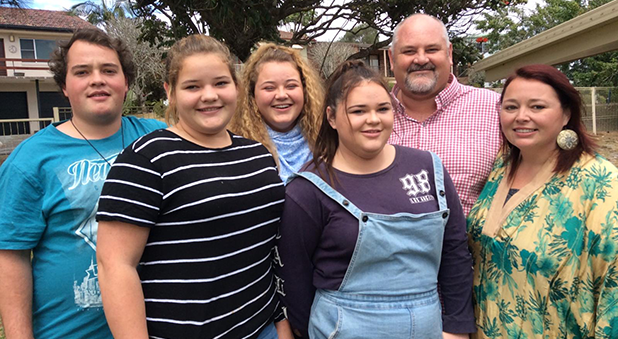Two Anglican church plants are in the works for Tasmania, supported by the local Anglican diocese and Bush Church Aid.
Based in the semi-rural area of Brighton north of Hobart, and the southern beaches to the city’s east, both new churches are being planted in areas where Christian ministry is thin on the ground.
“Traditionally, because there hasn’t been a highly functioning church locally, a lot of people – more than half of people I meet – have ‘de-churched’… they say it’s just not relevant to their lives,” says the Rev Jamie Bester who, with his wife Claire, is about to start Southern Beaches Anglican Church on March 11.
The new church will be linked to St George’s, Sorell, where Mr Bester served in a lay capacity in 2015-16, as well as working as chaplain to a local school. “We’ve had a prayer team of about 20 people meeting for the past 18 months,” he says, “and since I got back [from college] there have been regular meetings as a launch team that have averaged around 35 people.”
The Bishop of Tasmania, Dr Richard Condie, says he drove around the Southern Beaches with the national director of BCA, the Rev Dr Mark Short, and the rector of Sorell, the Rev Joel Kettleton.
“We were surprised that there was only the Salvation Army left in any of the towns – and they were not at the time running Sunday services!” Bishop Condie says.
According to the most recent Census, the Southern Beaches is Tasmania’s fastest-growing region, but ministering to the area as a whole is tricky, as – in a half-hour drive from Lewisham to Dunalley – there are more than half a dozen different communities.
So, with the blessing of Mr Kettleton, the Besters went to one of the parish’s six churches, St Martin’s at Dunalley, and moved one of its fortnightly services into the hall across the road, adding a cuppa before the service and lunch afterwards to create community and build relationships. What was a handful of people has grown to 40 regulars.
Once Southern Beaches Anglican begins holding services it will meet three weeks out of four at a local public school, with the fourth week at Dunalley. “Missional communities” will meet during the week in each town for Bible study, dinner and consider “how to be servants for Jesus in their community, how to reach people with the gospel and how to love their neighbours”.
Missional communities are also in the plan of the Rev Chris Duff and his wife Naomi, who Brighton church plant (linked to Edge Anglican at Claremont) is still in the planning stages
“We could draw a few dozen people together and start a service but [we want to] start by giving people a solid foundation in Jesus and filling in those other blanks as we go along,” Mr Duff says.
“Initially I think it’s going to look like a missional community… gathering a group of people and helping them live the Christian life more fully in their day to day rather than see church as an hour on Sunday."
“As we gather the core team together it’ll probably be at our place but then we hope to try and… meet fortnightly somewhere in the community for fellowship and interaction. On the other fortnight we’d go out on mission as a group to somewhere that needs it – down to the housing commission to have BBQ and clean up, or having a soup kitchen, those sorts of ideas. We haven’t really plugged into what the needs are yet. It will depend a bit on the dynamic of the group.”
The core desire for both churches, however, is the proclamation of the gospel and creating “disciple-making disciples”. This fits in well with the diocesan vision to be “a church for Tasmania, making disciples of Jesus”.
Says Bishop Condie: “I am delighted to see two new churches being planted as we know it is an effective way to make disciples. We are praying that God will grow these new ministries and abundantly bless the people of Brighton and the Southern Beaches.”



























